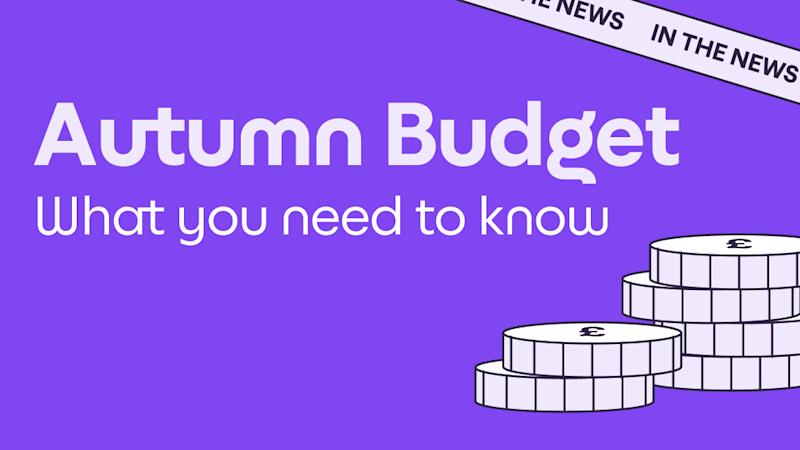
From countryside escapes to seaside views, from practical extras to pure luxury, here are the top home features Britain’s buyers have been on the hunt for in 2025.
Buying, selling or renting? Explore the latest property news, market updates and insightful analysis for the UK housing market with Zoopla's property experts.

From countryside escapes to seaside views, from practical extras to pure luxury, here are the top home features Britain’s buyers have been on the hunt for in 2025.

Rental growth slows to 2.2% as supply rises and demand drops to 6-year low.

We track the speed of property sales across the UK and, while the housing market may be slowing, some homes are still flying off the shelves. Here’s where buyers move the fastest and where sellers may need a little more patience.

With the Budget uncertainty now lifted, buyers and sellers can return to making decisions about their next move. Removing the threat of a new annual property tax from 210,000 homes for sale will help revive market activity in higher-value areas. However, the lack of any stamp duty reform means homebuyers will continue to face rising purchase costs.

The Chancellor, Rachel Reeves, has unveiled property tax changes in the Budget today as she seeks to plug a reported £20bn hole.

Since October 2020, just under 2.5 million homes across the UK have jumped in value by £100,000 or more. That’s the equivalent of earning at least £55 a day and a striking reminder of how dramatically the housing market has shifted in recent years.

Flats, terraces, semis or detached houses - which types of properties are selling the fastest? Let's break it down and see how quickly your home could sell.

Property really can pay off, with home sellers in England and Wales making an average profit of £72,000

The Renters' Rights Bill is set to become law and will bring significant changes to the rental market, making compliance more crucial than ever.